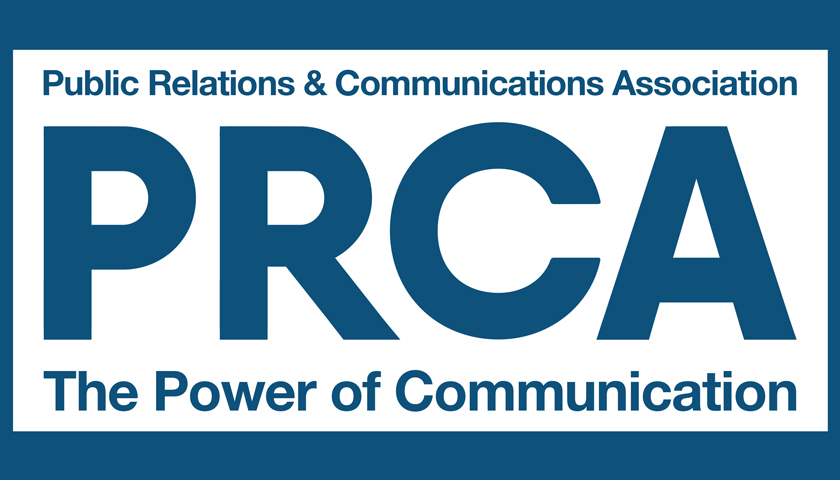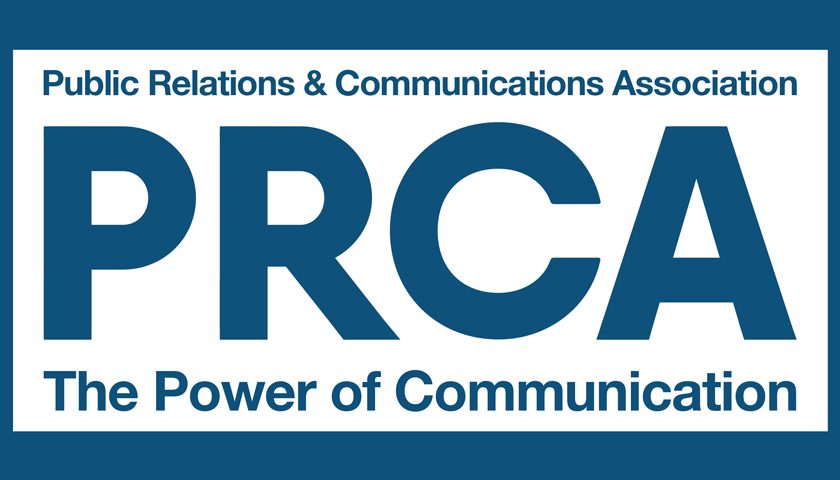The PRCA’s PR and Communications Census 2019 has revealed that the industry has made little progress in diversity since 2018.
The ethnic makeup of the industry has remained the same since 2018 – 89% of the industry is White (80% White British and 9% Other White). The number of Non-White ethnic PR professionals has increased by 1% to 10% this year.
Social mobility has improved slightly, 13% of PR professionals said their households received income support, and 11% said they received free school meals. Both statistics are up by 1%.
This year, we asked respondents about their mental wellbeing for the first in the history of the census. 32% of professionals have suffered from, or been diagnosed, with mental ill health.
The PR and communications industry is predominantly female. This year’s 67% majority marks a 1% percent increase from 2016.
Pema Seely CMPRCA, Chairman, PRCA Diversity Network, and Associate Director, markettiers said:
“The lack of improvement since 2018 is disappointing but I am not discouraged. Industry leaders are more willing to talk about how we can address diversity and inclusion within the industry. I have seen organisations introduce some great initiatives to improve diversity and inclusion within the workplace, therefore I am optimistic that these statistics will improve in the coming years.
“Mental health is an important issue for this industry given the nature of our industry, and people are clearly being negatively impacted by the way the industry operates. It is however encouraging to see that people are more willing to discuss these issues and I hope this will persuade employers to address the issue on a wider scale.”
Melissa Lawrence, Chief Executive, Taylor Bennett Foundation, said:
“The results from the PRCA’s PR and Communications Census 2019 on ethnic diversity are disappointing to read – a 1% increase since 2018. There has been much talk over the last few years about the importance of diversity to the industry and that more must be done to encourage black, Asian and minority ethnic (BAME) candidates to 1) enter the workplace and 2) stay and progress.
“Numerous reports have been produced on this topic, including Mckinsey’s Delivering through Diversity report (2018), where their research reaffirms the global relevance of the correlation between diversity in the leadership of large companies and financial outperformance. Diversity matters and is important, so why is there such slow progress, with still, low representation in numbers of BAME candidates?
“It is no longer an excuse for recruiters to say ‘we don’t know where to look for diverse candidates’ or ‘BAME candidates don’t apply for our opportunities’. Through the work of the Taylor Bennett Foundation, I know this to be untrue. Our programmes are always oversubscribed for the opportunities we have, so BAME candidates are interested in the sector and our candidates are applying for jobs, but being rejected because sometimes they are not the ‘right match’, which is something one of our alumni shared with us this week.
“It’s time for real change and my call to action for the industry is, if you want change, come and work with the Foundation.”
Francis Ingham MPRCA, Director General, PRCA, said:
“This is one of the areas where we need to do more. There has been essentially no movement in the diversity statistics since we launch the Census in 2011. Mental health is a huge issue for the industry – one in three professionals suffer from mental ill health, so there is clearly a lot more we can do to support our employees in this stressful industry. Addressing diversity and inclusion is not only a moral issue but it is also a key business issue for the industry. We should not just pay lip-service to diversity, but let’s make an active effort to be more inclusive as an industry.”

